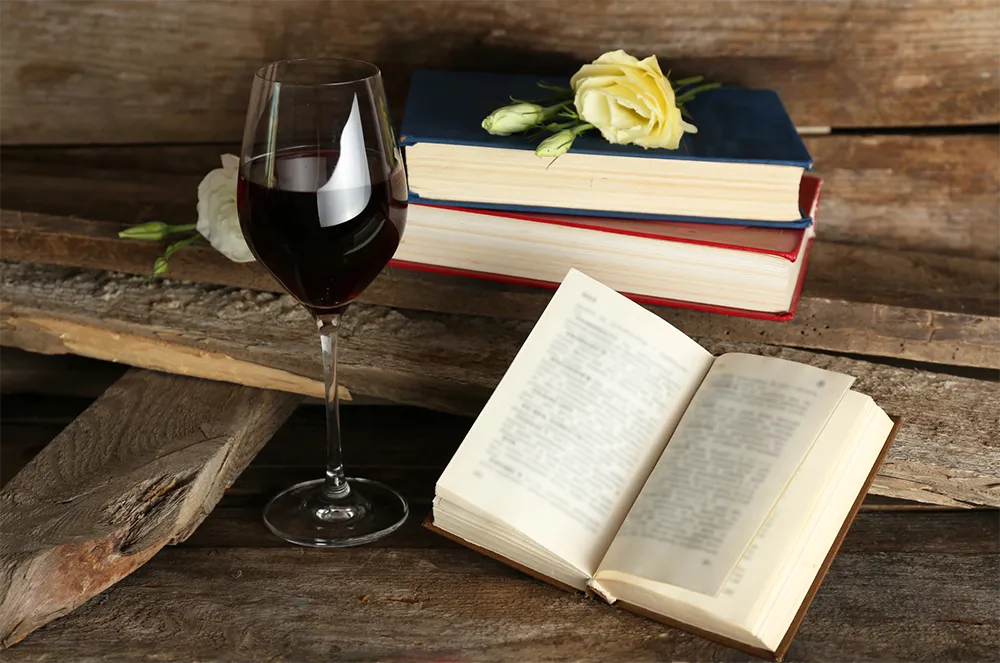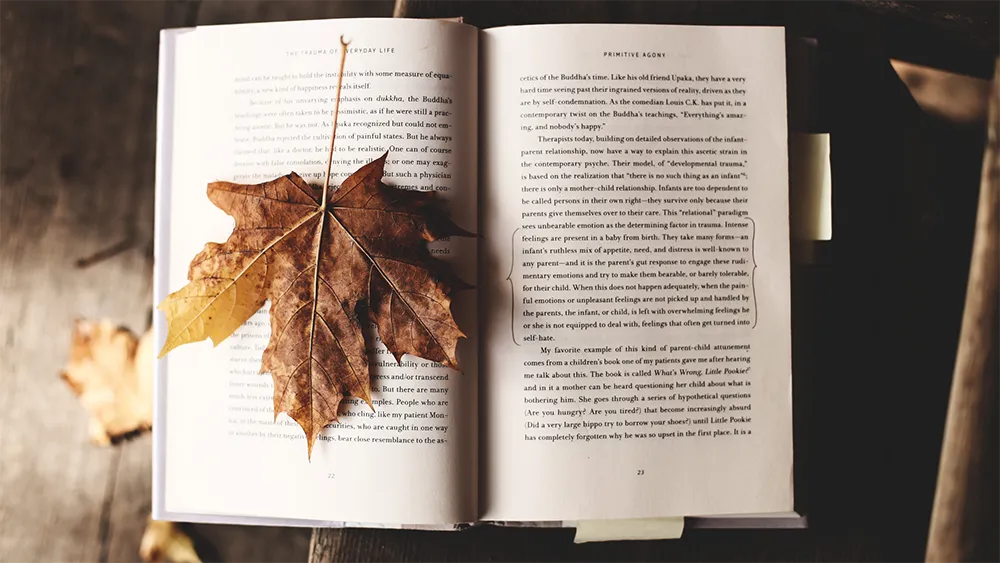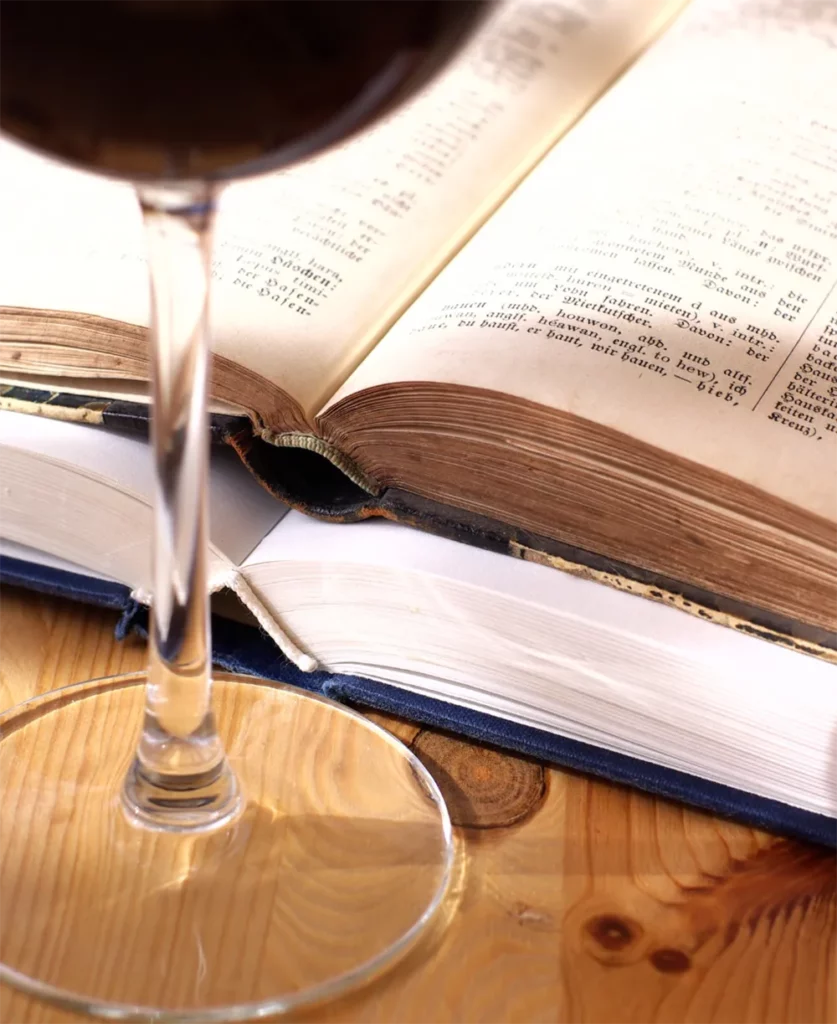In my previous article, I introduced you to some famous gin-based cocktails. Today, let’s delve into the realm of wine and literature.
Throughout the history of humanity, wine has always played a significant role. Crafting wine is considered an art form. Similarly, literature is also an art—a mastery of using words to create poetry, essays, and stories. Wine and literature intertwine, giving birth to memorable works and characters.
Index:
- Symposium: A Meeting of Wine and Literature
- Dante Alighieri
- Leonardo Da Vinci
- William Shakespeare
- King Edward VII of the United Kingdom
- Alessandro Manzoni
- Giovanni Verga
- Andrea Camilleri
Symposium: A Meeting of Wine and Literature
In ancient Greece, after a banquet, there was the symposium—a moment where poetry was recited, songs were sung, and dances performed. Wine, served in a crater, was not consumed in its pure form but mixed with water. This blend typically consisted of two parts wine and five parts water, or one part wine and three parts water.
Dante Alighieri
Dante Alighieri (1265 – 1321), one of Italy’s greatest literary figures, references wine in his work “Commedia“.
In Purgatorio’s Canto XV, the poet Stazio, found in the circle of gluttons, mentions wine:
“E perché meno ammiri la parola, guarda il calor del sol che si fa vino, giunto a l’omor che de la vite cola”
(“And so that the word may less amaze you, look at the sun’s heat that becomes wine when it is combined with the juice that flows down from the vine”).
In Purgatorio’s Canto XXIV, Vernaccia is mentioned:
“E quella faccia di là da lui più che l’altre trapunta ebbe la Santa Chiesa in le sue braccia: dal Torso fu, e purga per digiuno l’anguille di Bolsena e la vernaccia”
(“And that face beyond him, more than the others, the Holy Church had in its embrace: from Torso it came, and by fasting purges the eels of Bolsena and the Vernaccia”).
Even in Paradiso’s Canto X, there’s another reference to wine as a metaphor for knowledge:
“Quando lo raggio de la grazia, onde s’accende verace amore e che poi cresce amando, multiplicato in te tanto resplende, che ti conduce su per quella scala u’ sanza risalir nessun discende; qual ti negasse il vin de la sua fiala per la tua sete, in libertà non fora se non com’ acqua ch’al mar non si cala”
(“When the ray of grace, by which true love is kindled and which then grows by loving, in you is multiplied so greatly that it lifts you up that ladder where no one climbs without descending; whoever would deny you the wine from his flask for your thirst would be giving you no more freedom than water that does not descend to the sea”).

Leonardo Da Vinci
Even the Renaissance genius Leonardo Da Vinci (1452 – 1519) spoke and wrote about wine. In Vinci, he had the opportunity to closely observe vineyards. Here’s a quote from Leonardo:
“et però credo che molta felicità sia agli homini che nascono dove si trovano i vini buoni”
(“and therefore I believe that much happiness is for men who are born where good wines are found”).
In a letter sent in 1515 to his factor in Fiesole, Leonardo made pioneering observations on winemaking techniques, now known but groundbreaking at the time. The Cantine Leonardo Da Vinci discovered this letter and used it to produce innovative wines inspired by the genius.
William Shakespeare
The renowned English poet and playwright William Shakespeare (1564 – 1616) also speaks of wine. In one of his works, “Othello“, the protagonist expresses these words:
“Oh tu, invisibile spirito del vino, se proprio non hai alcun nome con cui ti si possa chiamare, lascia pur che ti si chiami col nome del demonio!”
(“Oh, you invisible spirit of wine, if indeed you have no name by which you can be called, let it be called by the name of the demon!”).
King Edward VII of the United Kingdom
Even the English sovereign Edward VII (1841–1910) left us a quote about wine:
“Il vino non si beve soltanto. Si annusa, si osserva, si gusta, si sorseggia e… se ne parla”
(“Wine is not only drunk. It is smelled, observed, tasted, sipped, and… spoken about”).

Alessandro Manzoni
Alessandro Manzoni (1785 – 1873), writer, poet, and playwright, also spoke of wine. In “I Promessi Sposi,” wine is mentioned in Renzo’s episode at the Osteria della Luna Piena in Milan.
After a day of turmoil due to the bread price increase, Renzo enters the Osteria della Luna Piena and starts drinking one glass of wine after another. Renzo cannot handle the wine, revealing his name and getting into trouble with the law, risking arrest.
Giovanni Verga
Giovanni Verga (1840 – 1922) speaks of wine in his masterpiece “I Malavoglia.”
The core of life in Aci Trezza unfolds at the Osteria della Santuzza, where people exchange ideas and gossip.
For Verga, wine refreshes the heart and alleviates the hardships of a tough day’s work. Simple wine is destined for the defeated, while refined wines are reserved for the victors.
Andrea Camilleri
Closing with Andrea Camilleri (1925 – 2019), a writer who passed away a few years ago. He, too, mentions wine.
In fact, Commissioner Montalbano always accompanies his meals with a glass of wine, his beloved White crow.

Amo la buona cucina e le tradizioni enogastronomiche italiane, per me vino e dessert non sono solo un contorno ma la parte più interessante del buon vivere.









